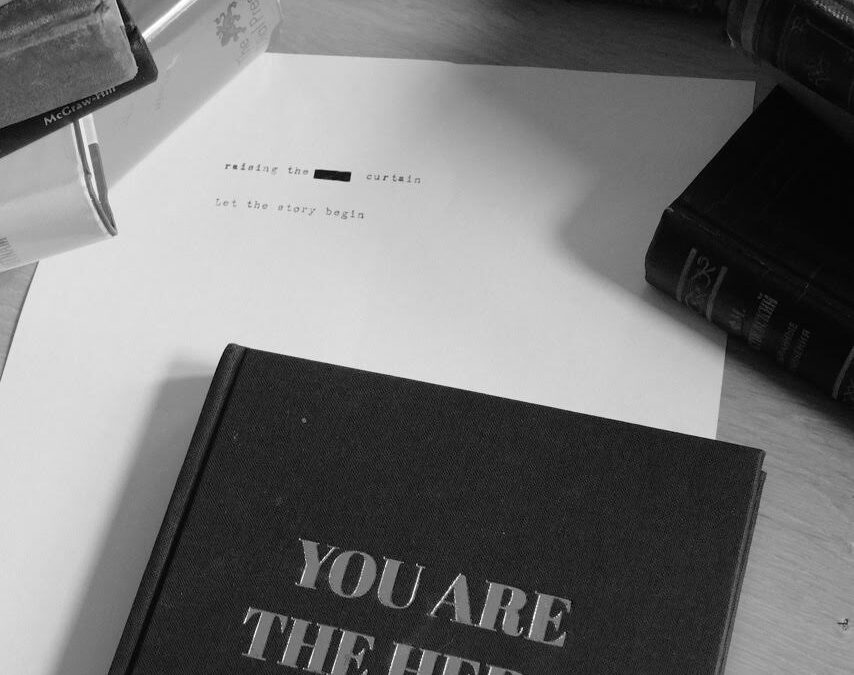
Do you have a personal story to tell but don’t know where to start?
A good place to start is by asking yourself, why do I want to tell my story? Let it be your first writing prompt. You can take a pen and a paper and welcome whatever lands on your page. Don’t overanalyse, and do not pause so that you can outrun your inner censor; let your subconscious pour. Write until you no longer can. Breathe. Take a break. Distil your why to a sentence or two, or however long feels right for you. Print it out and pin it to the wall. Read it aloud in those moments of creative struggles.
Your urge to write might be to release pain or anguish or to make sense of why events transpired in your life; you might want to assume responsibility or exempt yourself of culpability; or perhaps you are after closure or forgiveness; whatever the premise for your story writing is, it is valid. It is relevant.
Whether it is destined for a large audience or your family archives, your story matters. As Brian Greene said, “We are a species that delights in a story.” A personal narrative is a foray of stumbles and triumphs, falls and rises, disappointments and realisations. It is a universal denominator that transcends race, geography, ethnicity, and religion. Writing a personal story is as therapeutic as it is enlightening, at times gut-wrenching and arduous, but, for the most part, an enriching journey. Are you ready to begin yours?
Here are the three essential habits to fuel your storytelling pursuit.
- Read, read, and read.Do you have a favourite author, story, essay, memoir, or novel? The chances are that someone somewhere has written about a similar experience or similar circumstances or dealt with the same dilemmas. Writers read a lot. Read to learn from those who inspire you. Pay attention to what makes a particular piece of writing so appealing to you. Take notes on what you understand and what confuses you. Reading shapes your writing voice, and it also helps to identify your knowledge gaps.
- Find your tribe.Writing is a solitary activity. Seeking professional editorial feedback on those early drafts could be a costly exercise, yet constructive, merit-based criticism is paramount for your growth as a writer. Find your writing buddies by joining your local writing group or a writers’ circle. Writing workshops and courses are perfect venues to kill two birds with one stone: you bridge your knowledge gaps and network with like-minded fellow writers. Writing coaches and mentors are your more personalised alternatives.
- Write, Forest, write. There are no shortcuts to honing your craft, so keep writing regularly, persistently, and mindfully. Write with intention, free write, pick the jewels, and re-write. Repeat.
Your why is the North Star on the writing journey. Reading is your wind, your writing tribe is your sail, and writing consistently is the boat that would take you to places of wonder: smooth sailing, fellow storyteller.

